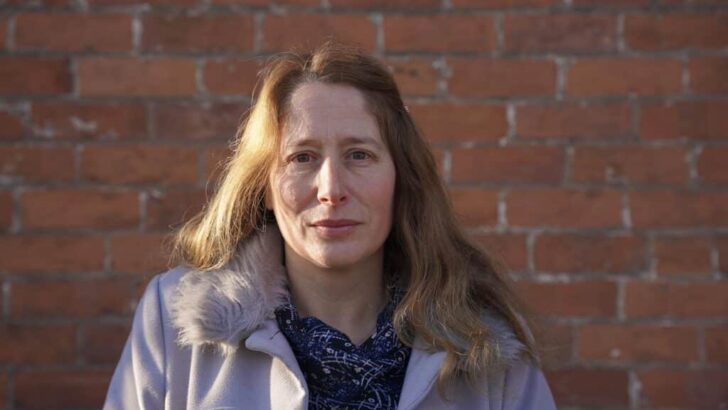Today is the day that the Health (Termination of Pregnancy Services) (Safe Access Zones) Act 2024 comes into operation in Ireland, marking an important landmark in Ireland’s drift towards authoritarianism and progressive restrictions on civil liberties.
This Act designates 100m Safe Access Zones around certain premises where abortions are or may be taking place, where “conduct” aimed at impeding access or influencing decisions in relation to termination of pregnancy services will be prohibited.
What this will mean in the practical application of the law remains to be seen but it is certain to have a chilling effect. In the UK, Isabel Vaughan-Spruce was arrested in November 2022 for silently praying in a censored “buffer zone” in Birmingham. She was subsequently released, re-arrested and then won a payout of £13,000 from West Midlands Police in acknowledgement of her unjust treatment, and the breach of her human rights, for unlawful arrest.
Vaughan-Spruce was arrested under a local authority ‘Public Space Protection Order’ which attempted to ban all expressions of “approval or disapproval with respect to issues related to abortion services, by any means”. While Vaughan-Spruce was vindicated in her arrest for thought-crime, the UK Government has announced that from October 31 2024 “safe access zones” will take effect around all abortion clinics in England and Wales. Similar rules were implemented in Northern Ireland in September 2023, and in Scotland last month.
This means that after October 31 there will be “safe access zones” in place across the whole of the two neighbouring islands. In the UK, “safe access zones” will apply in all public areas within 150 metres of all abortion clinics compared to the 100m in Ireland.
Only time will tell whether arrests similar to that of Vaughan-Spruce will be carried out under the different legislative acts. It is also unclear whether Vaughan-Spruce’s defence will hold up under the new laws – either in the UK or in Ireland.
The wording of the legislation in each of the jurisdictions is remarkably similar, with any conduct that will either intentionally or recklessly influence a person in relation to availing of, or providing, abortion services. Under such wording, even blessing oneself for the Angelus when walking in the vicinity of a healthcare clinic could be construed as ‘recklessly influencing’.
Notwithstanding the ridiculousness of such a scenario, it should not be considered far-fetched to imagine that malicious complaints will be manufactured by activists against anyone it considers to be in disagreement with them. The nature of thoughtcrime is that it is impossible to prove what is in someone’s mind but also impossible to disprove whether someone may have been recklessly influenced by something that may or may not have happened inside your head.
Under the Act, ‘places of religious worship’ are exempt from the legislation meaning that prayers in a nearby Church or the hospital Chapel, are protected – but that the adjoining grounds of such buildings (it should be noted that it is only places of worship that are ‘buildings’ are protected) fall under the new legislation.
It is easy to think of a Church that is within 100m for a healthcare facility providing abortion, especially as nearly all of the healthcare facilities in Ireland were established by religious orders. The effect of the law in Ireland is that prayer in private grounds owned by the Church or orders within 100m of an abortion provider may be subject to the long arm of the law.
The State may argue that this is a necessary, proportionate and legitimate restriction on freedom of assembly, freedom of speech and religious freedom, for what it considers to be a ‘public good’ but the arguments put forward may be used for any policy of restriction that future governments wish to put forward as a public good.
What has happened is that the right to worship, assembly, free speech have all been subordinated to the right to ‘reproductive services’, also known as abortion. Rights that were inalienable and sacrosanct have become secondary rights. Ultimately, in this form, they are not rights at all but benefits to offered or taken away by the government of the day as it sees fit.



